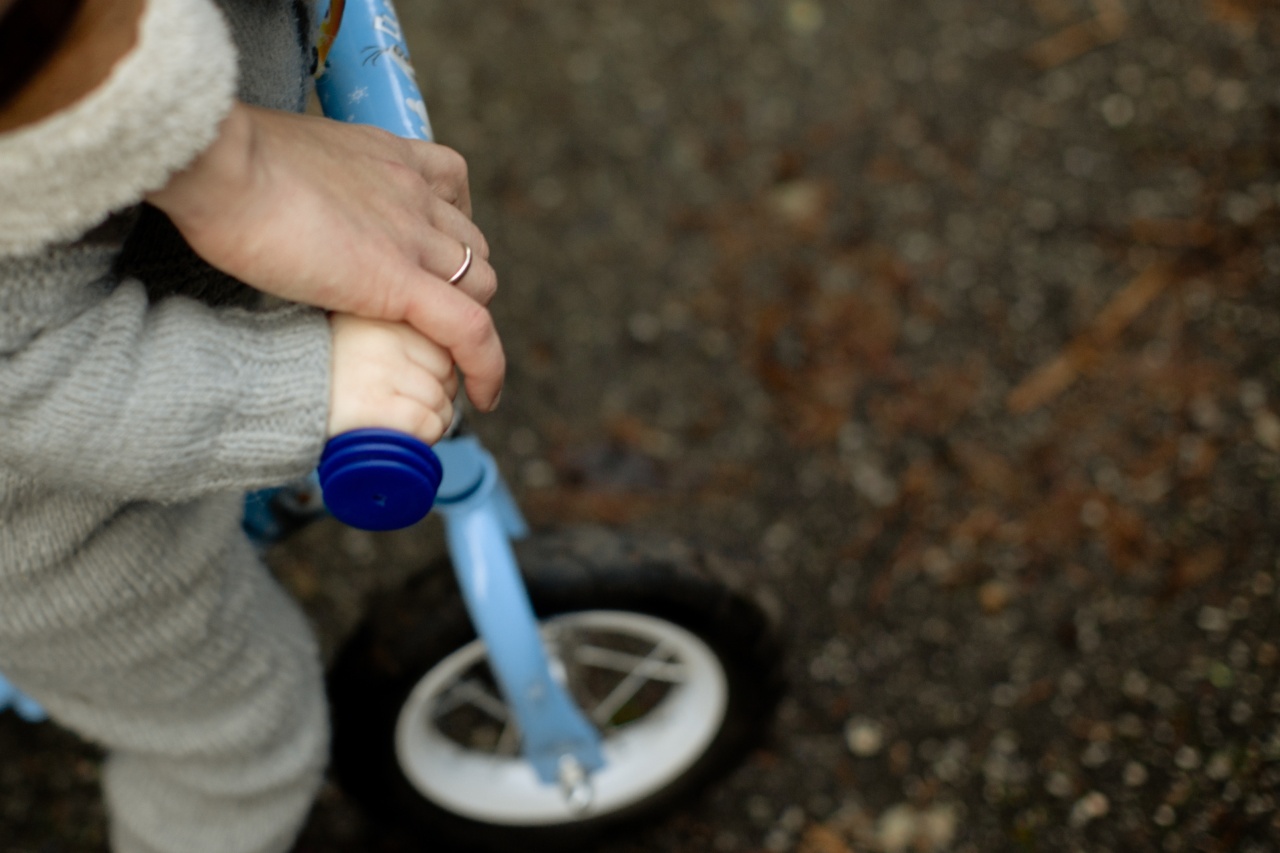Otitis, commonly known as an ear infection, is a common condition that affects many children. It occurs when the middle ear becomes inflamed, usually due to a bacterial or viral infection.
Otitis can be painful and disruptive, often causing temporary hearing loss. Fortunately, there are several ways you can help protect your child from developing otitis. By following these preventative measures, you can safeguard your child’s ear health and ensure their overall well-being.
1. Promote Good Hand Hygiene
One of the easiest ways to prevent otitis is by promoting good hand hygiene. Teach your child to wash their hands frequently with soap and water, especially before meals, after using the bathroom, and after playtime.
Encourage them to use hand sanitizer when soap and water are not readily available. By keeping their hands clean, your child can reduce their risk of picking up germs that may cause ear infections.
2. Avoid Exposure to Smoke
Exposure to tobacco smoke can significantly increase the risk of developing otitis. If you or other family members smoke, it is essential to quit or create a smoke-free environment for your child.
Secondhand smoke irritates the eustachian tubes, making them more susceptible to infections. Additionally, smoking weakens the immune system, making it harder for the body to fight off infections. Protect your child by keeping them away from smoke-filled environments.
3. Breastfeeding
Studies have shown that breastfeeding can help protect infants from ear infections. Breast milk contains antibodies that boost the baby’s immune system, making them less likely to develop infections.
If possible, aim to breastfeed your child exclusively for the first six months and continue breastfeeding alongside the introduction of solid foods until at least one year. Breastfeeding not only nurtures your child but also provides protection against various illnesses, including otitis.
4. Vaccinate Your Child
Immunizations play a crucial role in preventing various infections, including those that can lead to otitis. Stay up to date with your child’s vaccinations as recommended by your healthcare provider.
Common vaccines, such as the pneumococcal and Hib vaccines, protect against specific strains of bacteria that can cause ear infections. By ensuring your child receives the recommended vaccines, you can help lower their risk of developing otitis.
5. Minimize Exposure to Colds and Viruses
Colds and other viral infections often precede ear infections. To reduce the risk of otitis, take steps to minimize your child’s exposure to colds and viruses.
Teach your child proper respiratory hygiene, such as covering their nose and mouth when coughing or sneezing and using tissues to trap germs. Encourage frequent handwashing and avoid crowded places, especially during peak cold and flu seasons. By practicing these preventive measures, you can help keep your child healthy and reduce the risk of ear infections.
Conclusion
Protecting your child from otitis requires a combination of good hygiene practices and proactive preventive measures.
By promoting handwashing, avoiding smoke exposure, breastfeeding, keeping vaccinations up to date, and minimizing exposure to colds and viruses, you can significantly reduce their chances of developing painful ear infections. Remember, early detection and prompt treatment are vital if your child does develop an ear infection. Consult with a healthcare professional to ensure proper diagnosis and appropriate treatment.
By prioritizing your child’s ear health, you can help them grow up happy, healthy, and free from otitis-related complications.





























